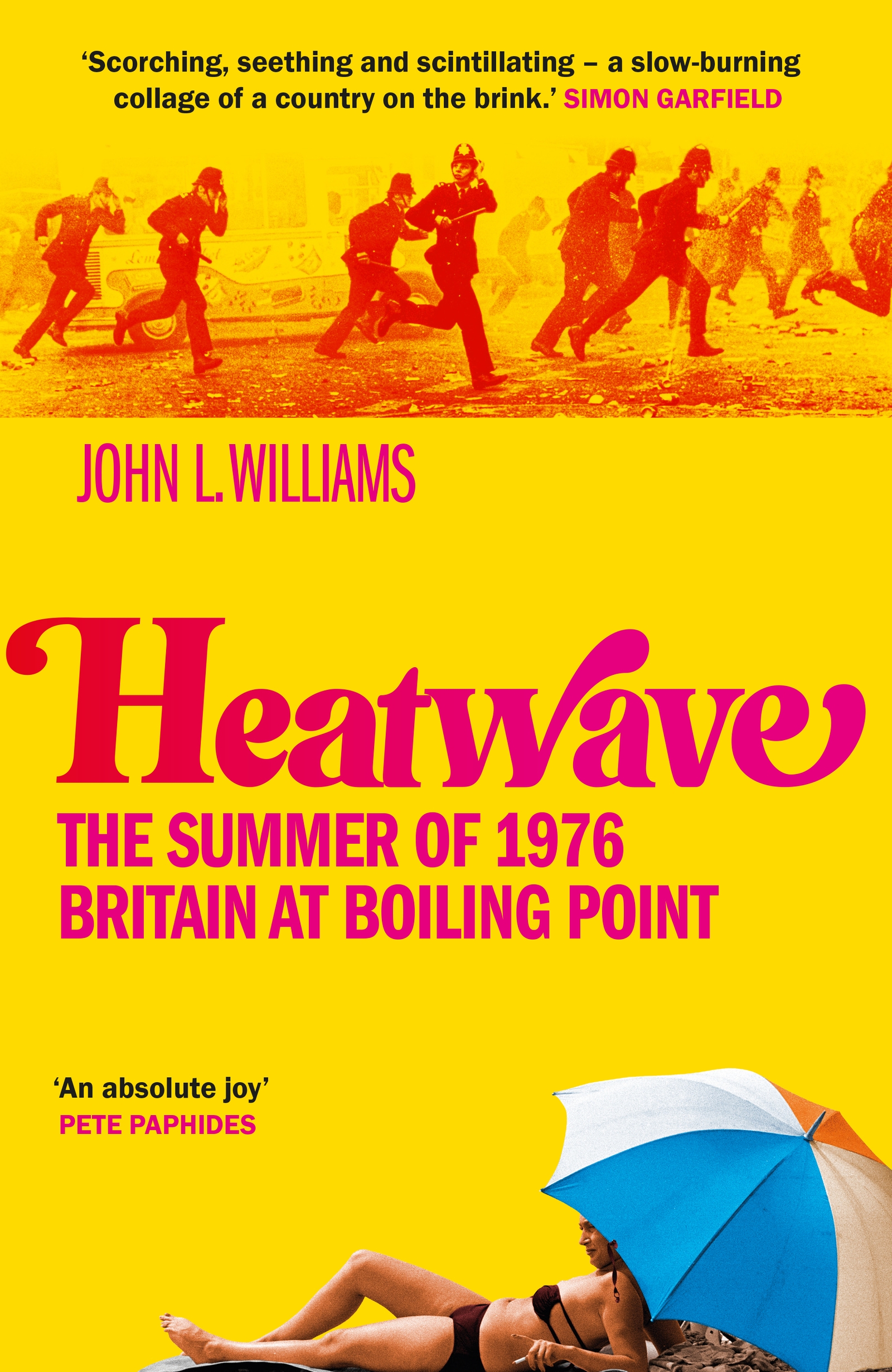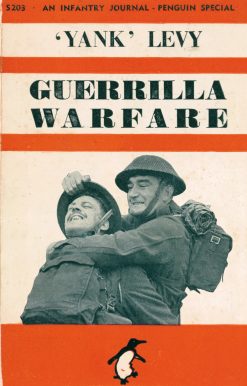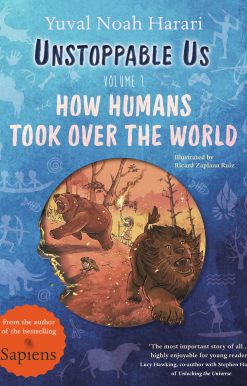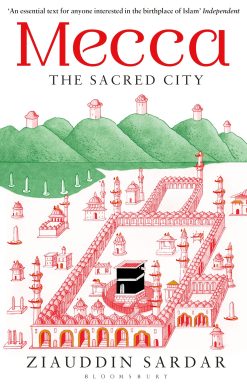Heatwave: The Summer of 1976 – Britain at Boiling Point
22.00 JOD
Please allow 2 – 5 weeks for delivery of this item
Add to Gift RegistryDescription
With scorching temperatures soaring to 35 degrees Centigrade, severe water shortages and a sunburned population queuing at the street standpipes, the summer of 1976 will always be remembered as Britain’s hottest on record. But the wave that hit the UK that year was also cultural and political with upheaval on the streets, in parliament, on the cricket pitch and on the radios and tv sets of a nation at a crossroads.Before this blistering summer, Britain seemed stuck in the post-war era, a country where people were all in it together – as long as you were white, male and straight. Some of that didn’t change. Long-haired likely lads – from the Confessions film star Robin Askwith to motor cycling teen idol Barry Sheene – were having a right old time in the gossip columns, all champagne and dolly birds. But with the Labour Prime Minister Harold Wilson suddenly quitting, the pound sinking and the economy tanking, a restless immigrant population and increasing dissatisfaction in the old world order, the weather seemed to boil up the country to the point where the lid blew off.In Heatwave, John L. Williams, takes us back to relive the events of that summer – not all of them well known, to create a portrait of a nation simmering for change. In early June, Asian kids are rioting in Southall after a teenage Sikh is stabbed to death. By August bank holiday, Black youth are making the police run for their lives in the almighty riot at the Notting Hill Carnival. In July, Tom Robinson writes a song called Glad to be Gay, a young Black lesbian called Joan Armatrading hits big with Love and Affection, and Black Liverpudlians The Real Thing top the charts with the anthem of the summer. With punks and soul boys wearing Kings Road fashions to clubs, gigs and seaside weekenders, and an all-female feminist band battling male chauvinism (on TV’s Rock Follies), it seems like straight white Britain is seriously on the back foot. So much so that Eric Clapton is drunkenly ranting about how Enoch Powell was right, while, on the cricket pitch, the West Indies cricket team, armed with four fast bowlers, are demolishing England’s line-up of Dad’s Army veterans. Weaving a rich tapestry of the news stories of the year, with social commentary and dozens of first person interviews with those that were there at the time, Williams’s reappraisal of the summer of ’76 is an evocative, sometimes nostalgic but always an unflinching read. As we enter a new period of record temperatures and unpredictable weather patterns, the reader can’t help seeing parallels with the Britain of today, and asking themselves – just how much has changed?
Additional information
| Weight | 0.6 kg |
|---|---|
| Dimensions | 3.4 × 15.6 × 23.6 cm |
| Format | Hardback |
| language1 | |
| Pages | 384 |
| Publisher | |
| Year Published | 2025-5-8 |
| Imprint | |
| Edition Number | 1970-1-1 |
| Publication City/Country | London, United Kingdom |
| ISBN 10 | 1800961715 |
| About The Author | John L Williams is a biographer, novelist, and crime writer from Cardiff. His non-fiction includes his much-acclaimed biography of the Trinidadian polymath CLR James, and his account of the Cardiff Three miscarriage of justice case, Bloody Valentine ('A bloody good book' – Benjamin Zephaniah), as well as his enduringly popular portrait of urban America as seen through the prism of crime fiction, Into The Badlands. His biography of his fellow Cardiffian Shirley Bassey was proclaimed the music book of the year by The Times. He is the crime fiction reviewer for The Mail on Sunday. He is the co-founder and literary director of the Laugharne Weekend Festival in west Wales. The one single recorded by his punk band, The Puritan Guitars, is surprisingly collectible. |
| Review Quote | 'John L. Williams grippingly captures the three months that shook Britain's cultural landscape in 'Heatwave'. His use of highly entertaining and often devastating stories about the febrile atmosphere of 1976's extraordinarily hot summer, show how simmering community unrest, in a newly multicultural Britain, reached boiling point with the heavy-handed policing of the youth at the Notting Hill Carnival.' |
| Other text | A rich examination of the cultural and political upheaval in Britain in the boiling hot summer of 1976 |





